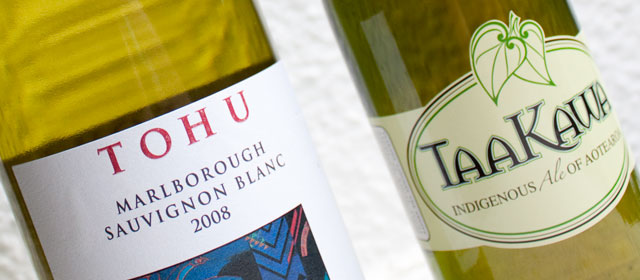Story summary
Tribal trade
Māori tribes traded kaimoana (seafood), preserved birds, berries and other foods, together with stone such as argillite, basalt and pounamu (greenstone). They traded food with early European settlers, and began exporting to Australia and the Pacific.
But when tribal land passed into European ownership, tribes had fewer resources to exploit. Māori workers often ended up in unskilled and semi-skilled jobs.
Māori enterprise
In the 20th century Māori assets tended to have multiple owners, and were managed collectively. Tribally-owned businesses had difficulty raising funds for development, and were sometimes badly managed.
The economic reforms of the 1980s and 1990s put many Māori out of work and forced people into self-employment.
Restored tribal assets
In the early 2000s the number of self-employed Māori increased at a higher rate than for non-Māori, though Māori had a low self-employment rate overall.
Some assets were returned to iwi (tribal) ownership in Treaty of Waitangi settlements. These enabled iwi to invest in business. The revitalisation of Māori language and culture provided opportunities for Māori businesses in film, television and music.
Te Māngai Pāho is a government agency which funds Māori radio stations, Māori-language television and radio programmes, and Māori music in the digital space.
Māori business, early 2000s
The establishment of Māori Television (now Whakaata Māori) in 2004 gave Māori production companies a boost.
In the early 2000s Māori clothing company Kia Kaha employed local Māori, got elders to bless new clothing ranges, and was careful how it used traditional designs featured on clothing. Māori-owned brewery Taakawa used a traditional herb in its beer.
Taylormade and Animation Research, two companies started by Ian Taylor of Ngāti Kahungunu and Ngāpuhi, have achieved international success and recognition.





